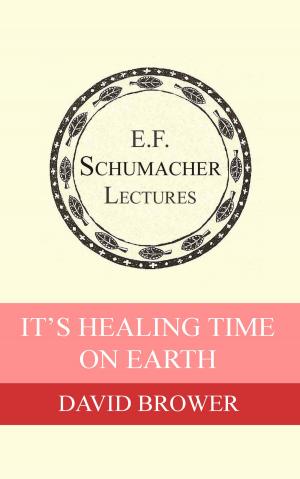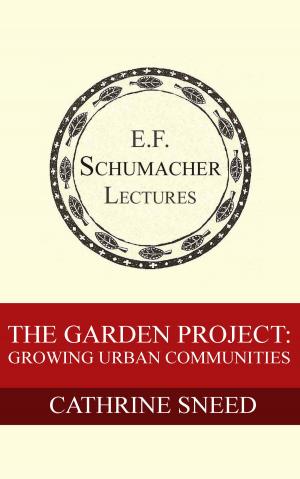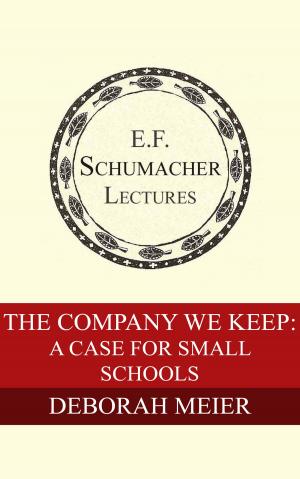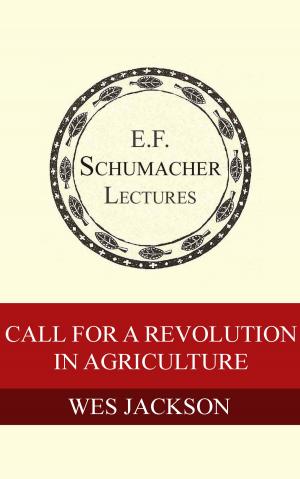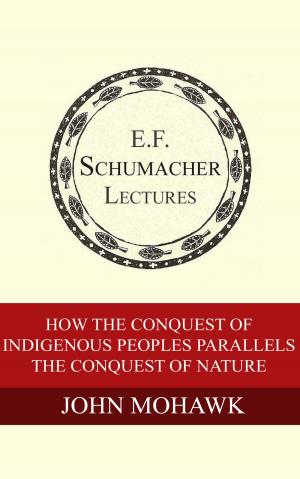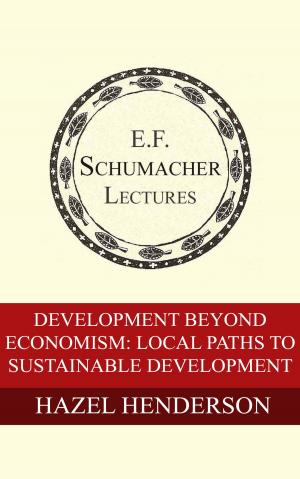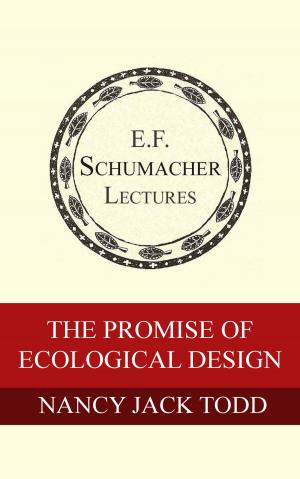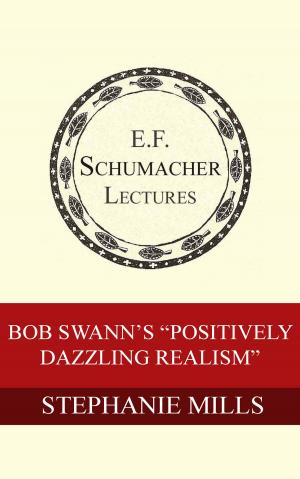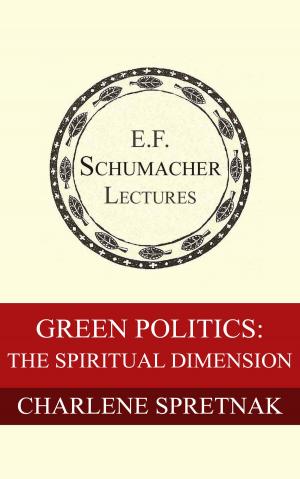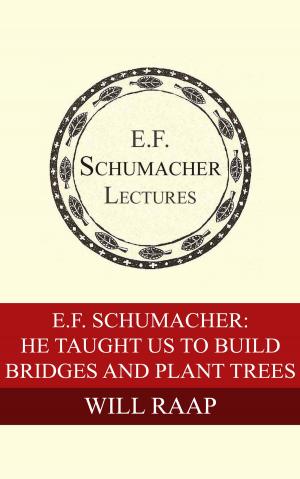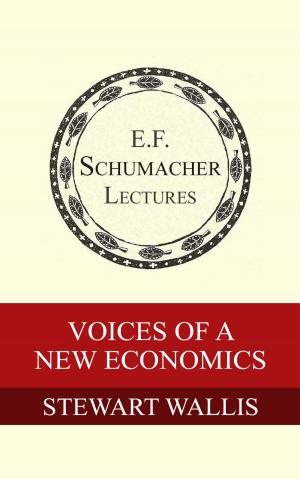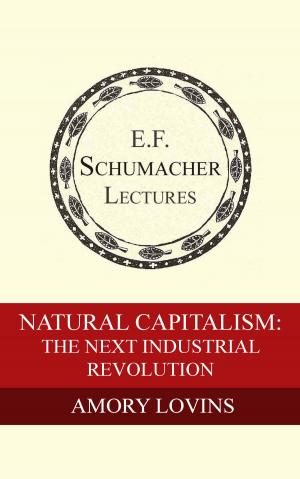The Right Livelihood Award and Further Initiatives for a Sustainable Society
Business & Finance, Economics, Sustainable Development, Economic History| Author: | Jakob von Uexkull, Hildegarde Hannum | ISBN: | 1230000298316 |
| Publisher: | Schumacher Center for a New Economics | Publication: | October 31, 1992 |
| Imprint: | Language: | English |
| Author: | Jakob von Uexkull, Hildegarde Hannum |
| ISBN: | 1230000298316 |
| Publisher: | Schumacher Center for a New Economics |
| Publication: | October 31, 1992 |
| Imprint: | |
| Language: | English |
The collection of lectures and publications from the Schumacher Center for a New Economics represents some of the foremost voices on a new economics.
The Right Livelihood Award, known as "the Alternative Nobel Prize," was established in 1980 "to honor and support individuals who are finding practical solutions to the most urgent challenges facing us today." Jakob von Uexkull describes the Award and many of its recipients, including those who are working for human rights and justice, environmental protection, and spiritual regeneration. The Award is one of a number of initiatives launched by von Uexkull, who believes that the only way to address today's environmental, economic, and social ills is to "set up shadow institutions, in order to create a new and alternative mainstream and to give it as much energy and standing as possible." He concludes with an appeal to "create the foundations for a sustainable world order without delay" and a proposal for a democratically elected People's Council for Global Sustainability.
The collection of lectures and publications from the Schumacher Center for a New Economics represents some of the foremost voices on a new economics.
The Right Livelihood Award, known as "the Alternative Nobel Prize," was established in 1980 "to honor and support individuals who are finding practical solutions to the most urgent challenges facing us today." Jakob von Uexkull describes the Award and many of its recipients, including those who are working for human rights and justice, environmental protection, and spiritual regeneration. The Award is one of a number of initiatives launched by von Uexkull, who believes that the only way to address today's environmental, economic, and social ills is to "set up shadow institutions, in order to create a new and alternative mainstream and to give it as much energy and standing as possible." He concludes with an appeal to "create the foundations for a sustainable world order without delay" and a proposal for a democratically elected People's Council for Global Sustainability.

